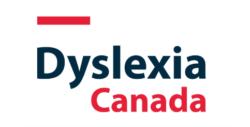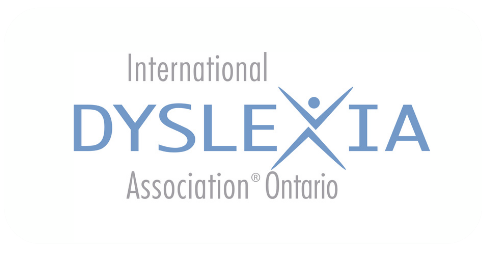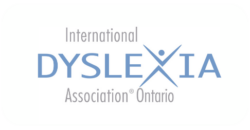English
Deconstructing the Rope: Vocabulary
Last updated 2024/05/27
Description
Nancy Hennessy expertly discusses the Scarborough’s reading rope’s deconstruction and highlights vocabulary and explicit instruction’s vital role in improving reading comprehension. Emphasizing explicit vocabulary instruction, she aims to equip students with a broad and deep lexicon for understanding complex texts and expressing ideas coherently. Through structured guidance, educators can empower students to become proficient readers.
Curriculum Connection
B2. Language Foundations for Reading and Writing
Language Foundations in Reading and Writing, Vocabulary Grade 1: B2.7; Grades 2–3: B2.4; Grade 4: B2.2. Linking the meanings and features of new words, such as linking semantic features to their existing word schemas;
Developing strategies to determine the meaning of words in oral language and text;
Applying an understanding that words are composed of morphemes, which are units of meaning within a word, and using knowledge of morphemes to support learning of the meaning of words;
Developing and integrating their understanding of Tier 2 words (those used in written language as well as in oral language) in the classroom across different content areas.
2 Comments
Share your thoughts
You must be logged in to post a comment.





I am very happy to listen to ideas supporting oral language comprehension. Just because brains are wired to develop oral language, does not mean that we should skip oral linguistic skill development. I appreciated the part where it is reinforced the point that that decodables are not meant cot vocabulary support. Educators must have access to books for their students that are a bit challenging for them in terms of linguistic complexity.
Nancy Hennessy engages in a discussion of the key components of the ‘Scarborough’s Reading Rope’ and how it impacts upon student learning. The discussion and explanation regarding the difference between Language Comprehension and Reading Comprehension helps us to better understand the process by which both are acquired.
Nancy draws our attention towards setting meaningful goals for our students to build their vocabulary to form their ‘lexicon’ through developing their mental dictionary. I agree that learning vocabulary can not be based on the definition alone but must be accompanied by opportunities for our students to make meaning of the words that they are learning.
I would like to expand my own professional learning in this area. Thank you for providing this useful and informative podcast.
Ellie